Initiating a loyalty program is a fantastic idea for businesses that want to keep recurring customers and to encourage lost clients to bring their business back.
Many businesses use loyalty programs in order to improve their marketing strategy, as these programs offer a great incentive for customers to buy only from one business.
A loyalty program is different from a referral program; it’s essentially one of the many kinds of a rewards program. Essentially, these programs offer some sort of incentives to customers for frequently purchasing from one place.
Loyalty program examples can include a discount, a free item, or any other type of reward. It doesn’t always have to be monetary in nature, as it could be free merchandise, or virtually anything else.
What to Look For When Choosing a Loyalty Program Software
There are a number of different factors that you need to consider when looking for a loyalty program software. Here are some important factors to take into account.
Integration
The first thing you’ll want to check is just how easily the loyalty program software integrates into your existing workflow. Ideally, you’ll want to choose a program that seamlessly integrates with your ecommerce tech stack.
This means that the loyalty program software you choose should connect with your point of sale system (if you’re using one), your social media deployment tool, your mail sending tool, call center tracking, and more.
For instance, you will want to choose a loyalty program software that integrates seamlessly with your CRM so that you can get access to all important data straight from a single source.
Reward Customization
Another important factor to consider is just how easily the program lets you customize the rewards that you intend to offer to your loyal customers. When comparing different loyalty program software, it’s highly important that you choose one that’s easy to customize.
You should have the flexibility and freedom to offer both transactional as well as experiential rewards to your customers, including common options like extra products, coupons, or gift cards with variable rewards.
Redemption at Checkout
More importantly, the loyalty program software you choose should be capable of integrating with your checkout funnel.
Automation is a large part of running a successful customer loyalty program, and it’s important that your program offers users the option of redeeming their points or gift at checkout.
Analytics and Reporting
This one’s a no-brainer: you will want to choose a loyalty program that gives you comprehensive statistics and reports on how it’s performing. You should also be able to customize notifications and alerts.
This is important functionality that’ll help you determine customer engagement and figure out whether your customers are actually signing up for the loyalty program or not. This is important for small businesses that need to focus on increasing customer retention.
Flexible Program Management
When selecting any loyalty program software, flexibility is an important consideration. You should have options to tailor the customer experience however you want.
For instance, there should be an option to issue a loyalty card or offer in-store credits when you want. The loyalty platform should be completely customizable so you can adopt an omnichannel strategy through the platform only.
The 8 Best Customer Loyalty Program Software
Now, here are the 8 best loyalty program management tools that you can use for your business.
1. Growave
Growave is a marketing platform that offers an excellent Loyalty and Rewarding program that you can seamlessly integrate into your business. You can reward customers with loyalty points, and it’s great for linking with your Shopify store.
If you’ve built a store on Shopify, Growave is a great addition to your store. It lets you choose from predefined activities, such as rewarding shoppers for their dollar spend, for leaving reviews, or even giving them discounts or birthday gifts.
It also has an API that you can use to create custom actions outside Growave’s own app. If you’re serious about referral marketing and want to grow your business quickly, Growave is a great choice.
It has a dedicated Analytics section to help you track your loyalty program’s success in real-time. It also lets you create unique links that your users can share through different channels like email or social media.
Pricing
Growave uses a tiered pricing model, starting from $7.2/month for up to 75 orders and going as high as $79.2/month for up to 1,000 orders. You will want to consider a custom plan if your order quantity is higher.
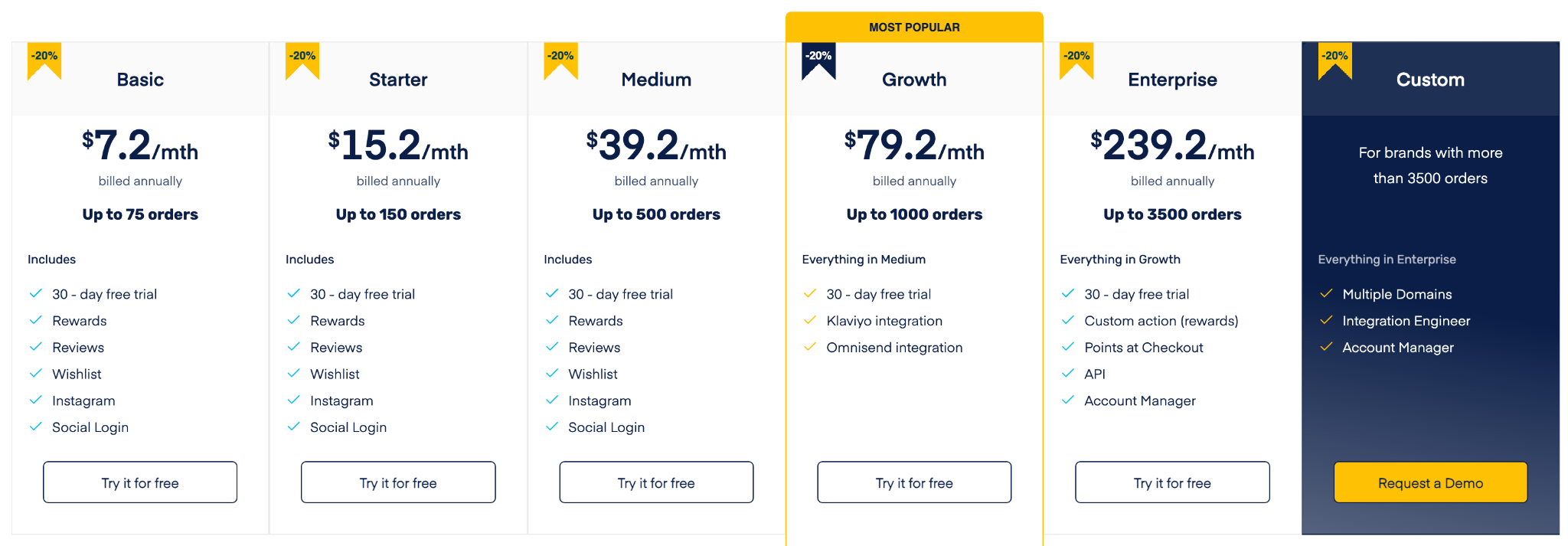
Pros
- 30-day free trial available
- API available for setting custom actions
- 20+ predefined activities for use with your Shopify store
- VIP tiers available for certain loyal customers.
Cons
- Certain integrations for Shopify Online Store 2.0 require customization
- Grammar in the default replies may need to be adjusted
2. Smile.io
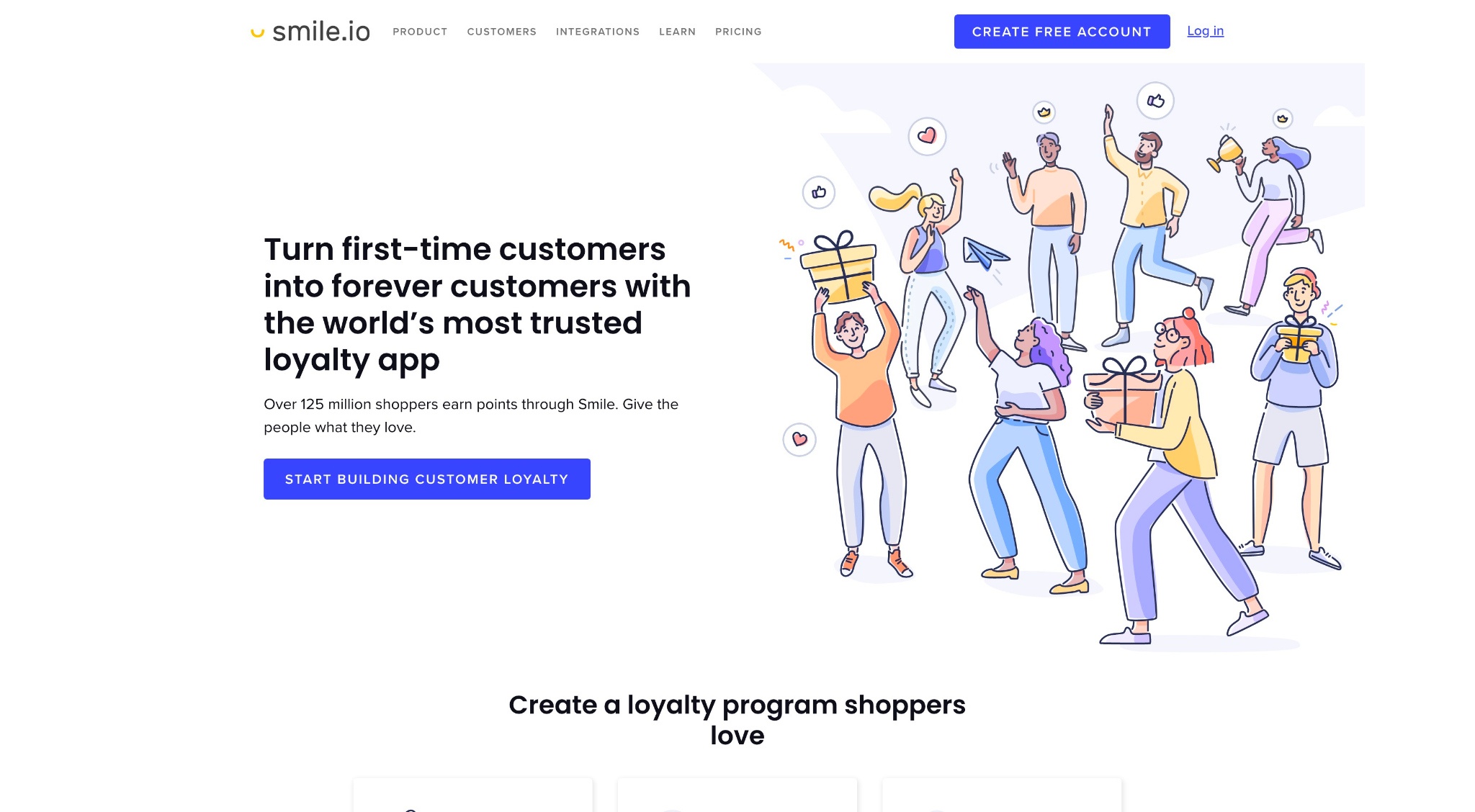
Smile.io is an incredibly popular loyalty program software that’s great for building a loyalty management tool and to keep your best customers engaged with exclusive perks.
It’s highly customizable, so you can create custom loyalty rewards and manage them, without requiring any coding skills on your part. Smile.io lets you create a points-based loyalty program to increase repeat purchases.
There’s also the VIP program, which you can use to foster loyalty amongst your top customers by giving them VIP status and offering exclusive rewards. This helps increase customer lifetime value and lets you choose from various rewards separated by tiers, including free products, discounts, or points.
It’s great for defining specific milestones, such as tiers for when a customer gains VIP status. It’s also ideal for referral marketing, letting you offer built-in rewards to incentivize existing customers to refer your products and services to others.
Pricing
The base package starts from $49/month, but you get the most value from the Growth plan, which costs $199/month. Then, you have the Pro plan, which is ideal for growing businesses, and costs $599/month.

Pros
- Compatible with Shopify, BigCommerce, and Wix
- Free plan available
- A range of Smile integrations let you connect to other services
- A range of reward program templates to choose from
- They have a limited API that you can use to customize the rewards
Cons
- The free plan is only limited to 200 orders
- Floating widget might be annoying for some customers
- API is only available for the Enterprise version
3. Yotpo
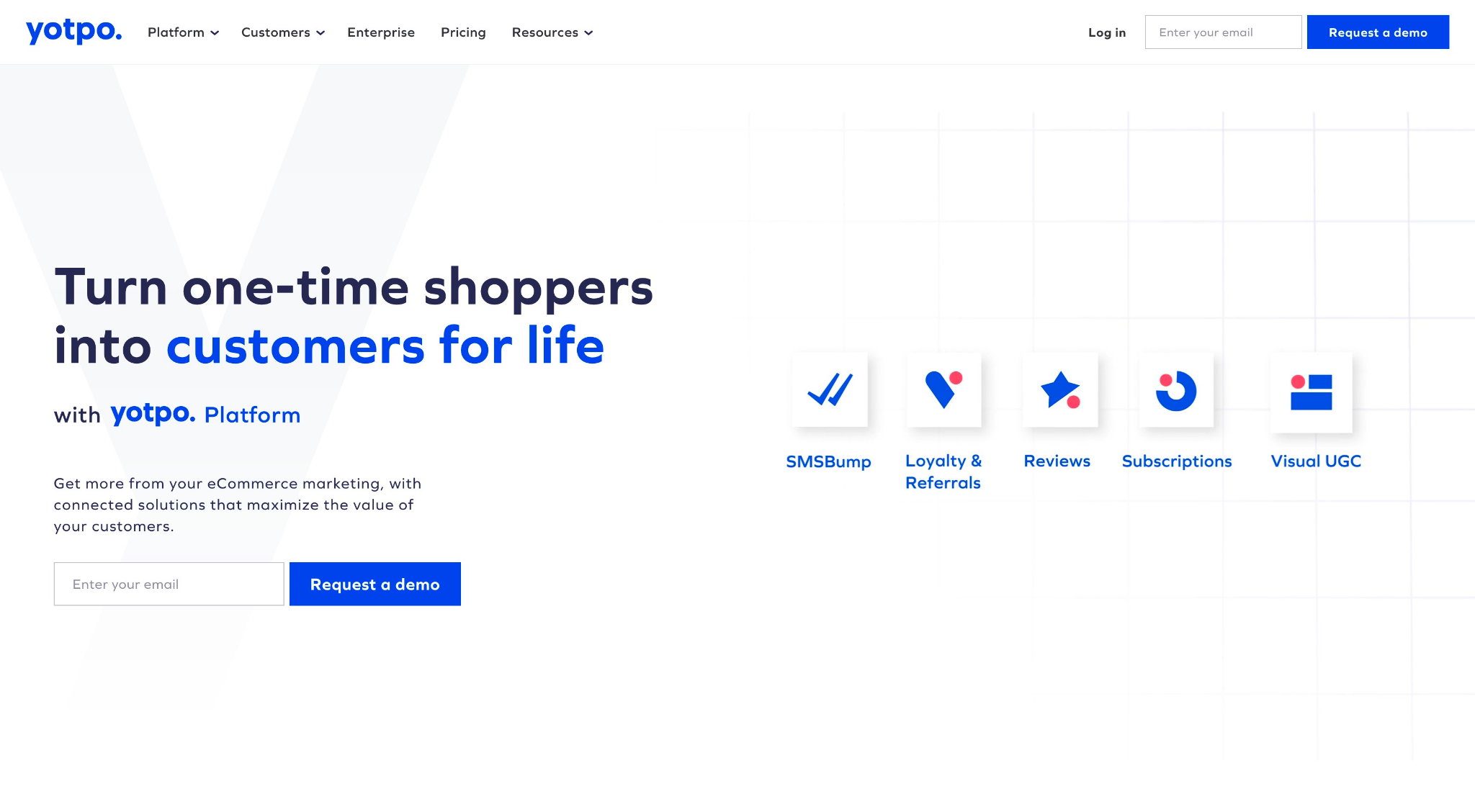
Yotpo is a fantastic loyalty solution that you can use to reward existing patrons and attract new customers. If you’re looking to introduce some form of marketing automation into your business,
It lets you promote your business using various channels, including reviews, SMS marketing, and referrals, all of which are designed to boost customer advocacy. Yotpo is fairly user-friendly, and you don’t need any coding skills to build out your rewards program.
You can easily customize the rewards and referrals program to your needs, incentivizing your customers to purchase more and unlock greater rewards. You can schedule specific marketing campaigns to boost sales.
It also promotes user-generated content, turning existing customers into brand ambassadors. It’s important to note that Yotpo is a web-based tool that includes a series of different apps that you can use.
Here’s what it offers:
- SMSBump: The SMS marketing app that’s ideal for running SMS automations and campaigns.
- Reviews: This adds a Reviews widget to your site and lets you automatically request reviews from customers.
- Loyalty & Referrals: The Loyalty and Referrals app is ideal for running spend-based campaigns to promote customer loyalty.
- Subscriptions: If you want to launch subscriptions, this is the ideal tool that you can use to build long-lasting customer relationships.
- Visual UGC: Ideal for improving user-generated content for your site, increasing your customer base and adding social proof.
Pricing
The pricing for the Loyalty & Referrals program starts from $29/month. There’s a free plan available, but that’s only limited to 100 monthly orders. Enterprise pricing is also available.
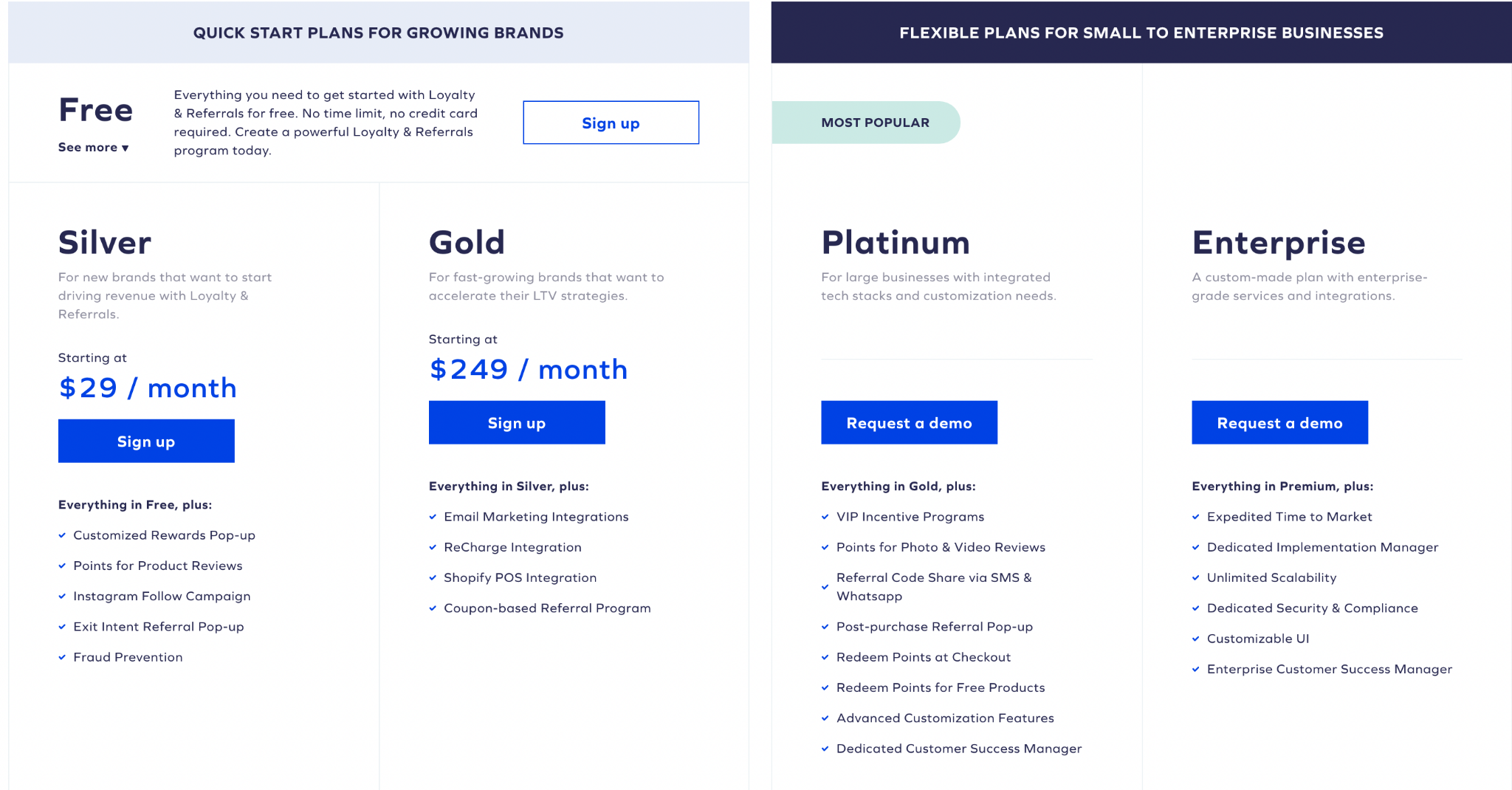
They also offer product bundles, though you’ll have to request a custom price for those.
Pros
- Wide array of product options
- Free plan available
- Responsive and efficient customer support
- Plug and play integration with Shopify
Cons
- The reporting tool needs work
- Various product options can get confusing
- The Free plan is barebones and doesn’t offer much value
- Setup can be complicated for non-techie users
4. Zinrelo
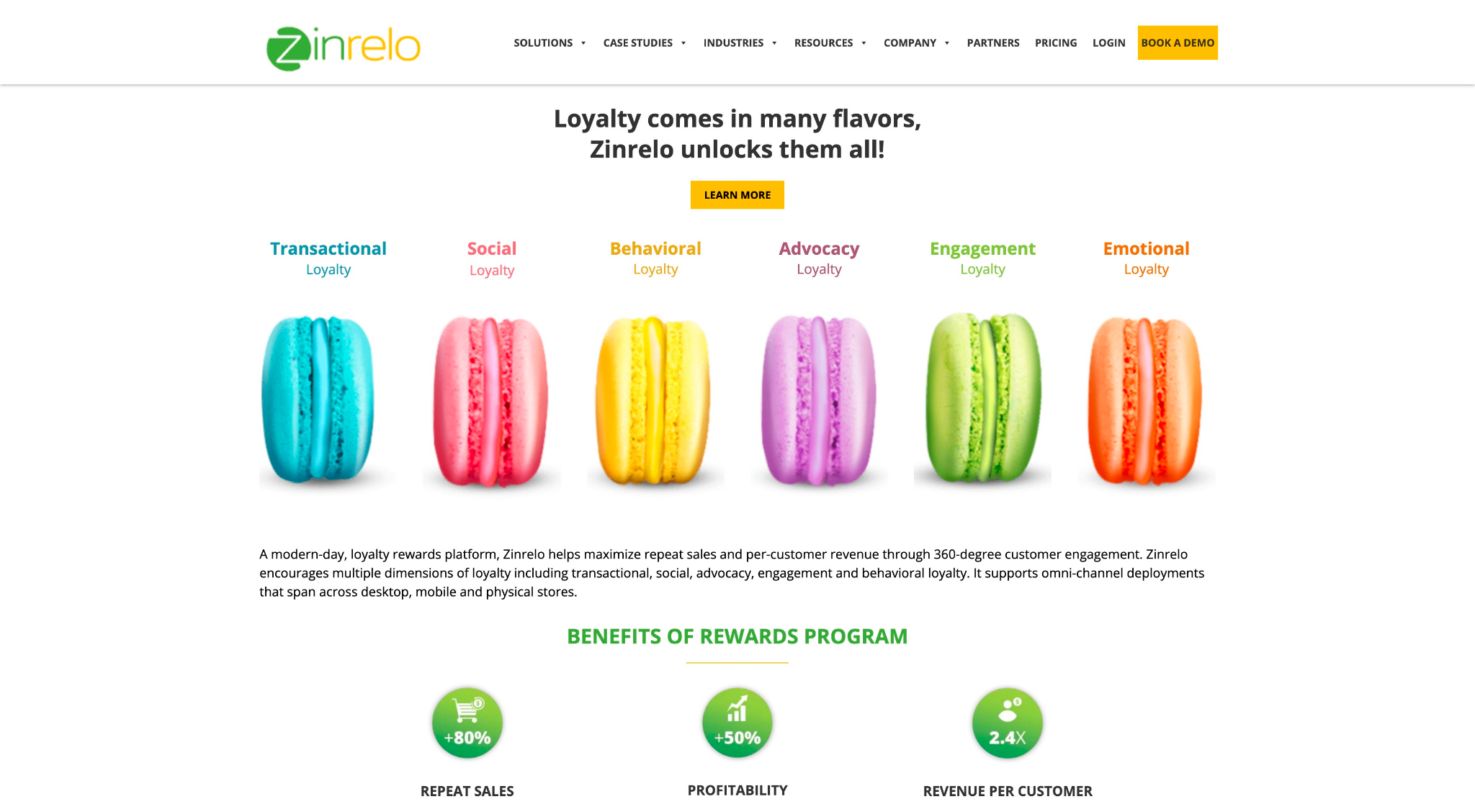
Zinrelo is a SaaS-based loyalty platform that’s designed to improve customer engagement and boost sales. Ranked by G2 as a Leading Loyalty Management Software, Zinrelo works seamlessly with Shopify stores.
It’s one of the most flexible customer loyalty platforms for building out a comprehensive rewards program. You can track customer engagement, retention, and revenue generated through a simple dashboard.
It also lets you create different types of custom rewards, including rewards for promoting social media activities, rewards for repeat purchases, vouchers for advocating your brand (referrals), and offering rewards for specific actions, such as posting a check in.
You can segment customers into different tiers to evaluate the conversion rate across your sales funnels, and develop custom messaging to engage customers.
From offering redeemable reward points to discounts to repeat customers, it’s a great platform that’ll help you increase conversions and maximize your ROI.
Pricing
Unfortunately, Zinrelo doesn’t offer pricing for its products on its home page. They have two tiers: SMB and Enterprise, but you have to contact them to get a quote.
Pros
- Simple loyalty app for creating a basic referral program
- Lets you create email engagement workflows
- You can customize the widget so it integrates with the theme
Cons
- For full customization, you need the Enterprise plan
- 15-day free trial available
- Integrations available for major ecommerce platforms like Shopify and BigCommerce
5. LoyaltyLion
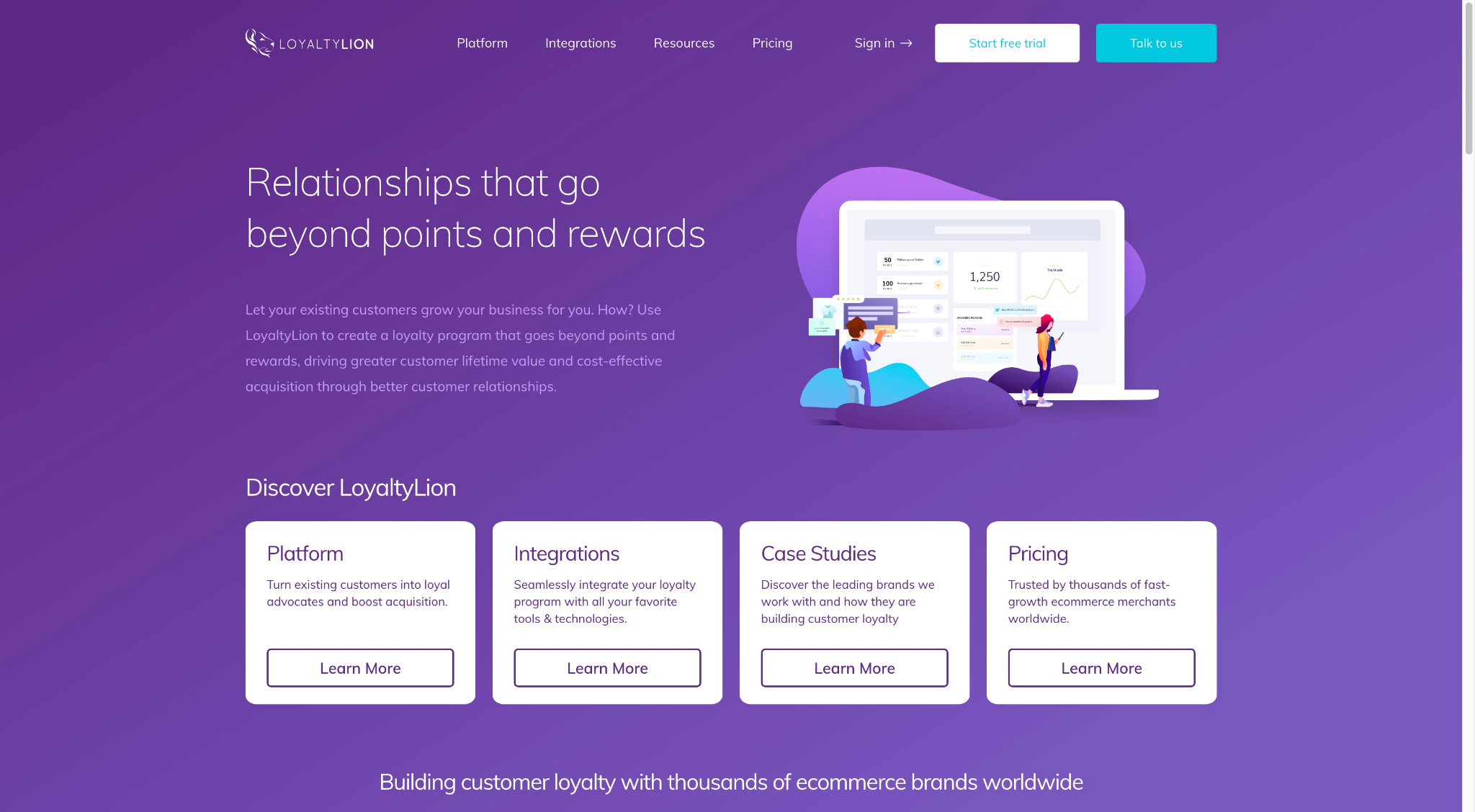
LoyaltyLion is an online loyalty management platform that lets you develop a points or a rewards-based loyalty program. However, apart from offering the basic building blocks of a loyalty program, it also lets you personalize shopping experiences.
It understands that in order to drive repeat purchases, customers need to repeatedly engage with a business. Instead of just rewarding transactions, you can also create custom actions to give rewards, such as creating an account or following your page on social media.
LoyaltyLion also lets you create specific loyalty tiers to create a feeling of exclusivity, such as punch cards that your customers can use in your physical store. A Shopify POS system integration is available, letting you enroll customers in the program through basic identifiers, like their phone number.
Pricing
Unlike others on this list, LoyaltyLion is a bit expensive, starting from $359/month, which comes with a limit of 2,000 orders. The Advanced tier costs $629/month and doubles the order limit. The most expensive tier, Plus, costs $1,350/month.
Pros
- Instant points redemption
- You can set up cross-store rewards
- Email marketing flows can be created with Klaviyo
- You can also build out SMS marketing flows
Cons
- Considerably high pricing when compared with other competitors
- Steep learning curve
- Clunky user interface
- Feature set varies between different ecommerce platforms
6. Bazaarvoice
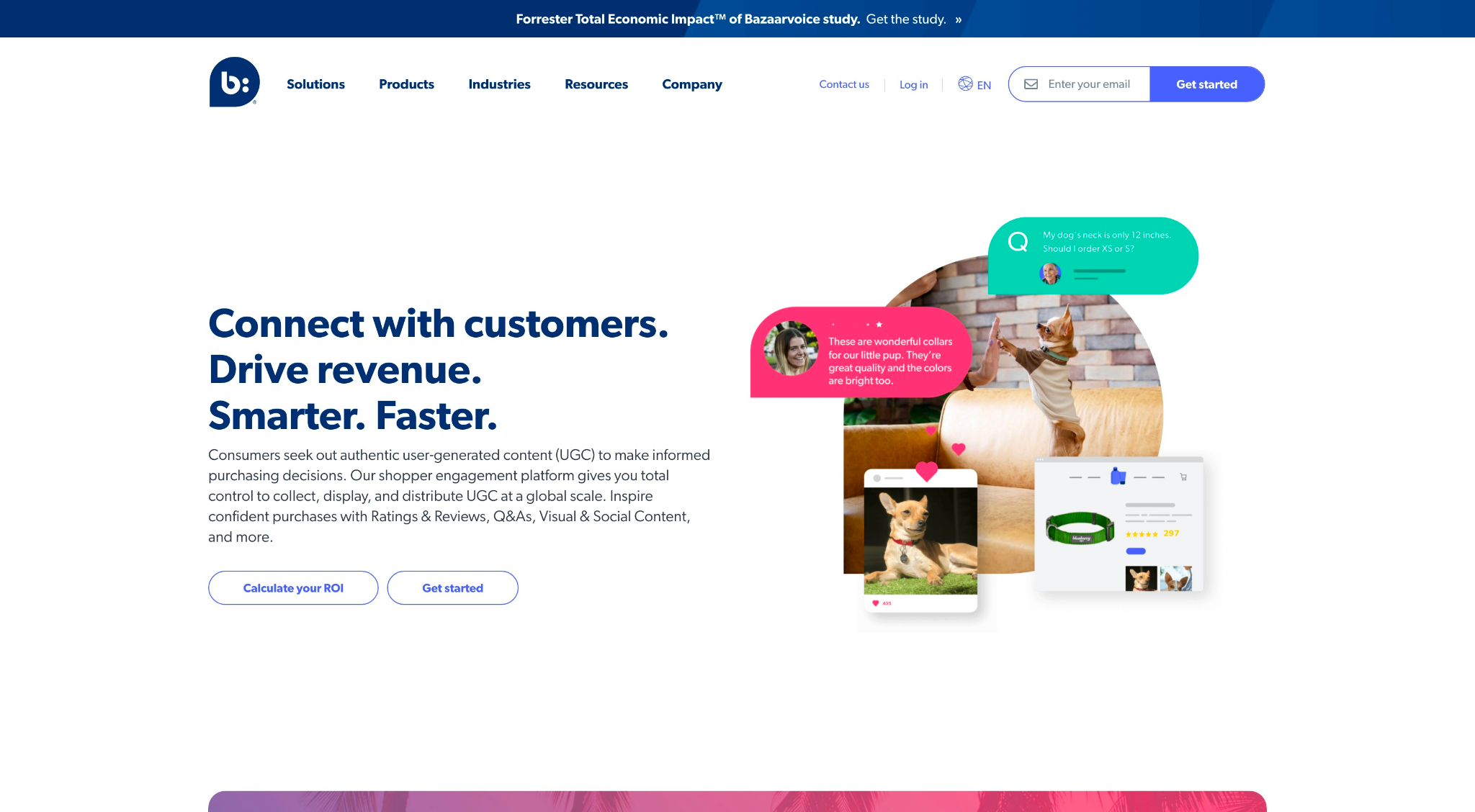
Bazaarvoice is a loyalty platform that allows you to create custom rewards to promote user-generated content (UGC) for your business. It’s a simple solution that lets you define a rewards structure and then curate user-generated content on your platform.
The program makes it easy to review customer journeys and optimize the shopping solution to maximize revenue. It helps you engage passive browsers on your site by adding user-generated content on your product pages, thus boosting engagement.
You can also share reviews across multiple platforms to maximize the impact of product launches. This is a great way to gauge customer sentiment and to reduce return rates.
Unlike other conventional loyalty platforms, Bazaarvoice primarily focuses on user-generated content, letting you curate customer images, reviews, and videos on your site to improve brand growth.
It also has a retail integration, so you can seamlessly connect it with your POS system to allow customers to redeem points on checkout while shopping in-store.
Pricing
Bazaarvoice doesn’t display its pricing on its product page, instead requiring users to fill out a form before they offer a custom quote.
Pros
- Ideal for user-generated content
- Range of options to promote customer loyalty, including sampling campaigns and more
- Lets you define customer journeys in detail
Cons
- No free trial available for the full platform
- Limited customization for tailoring your loyalty program
- Pricing isn’t transparent
7. Open Loyalty
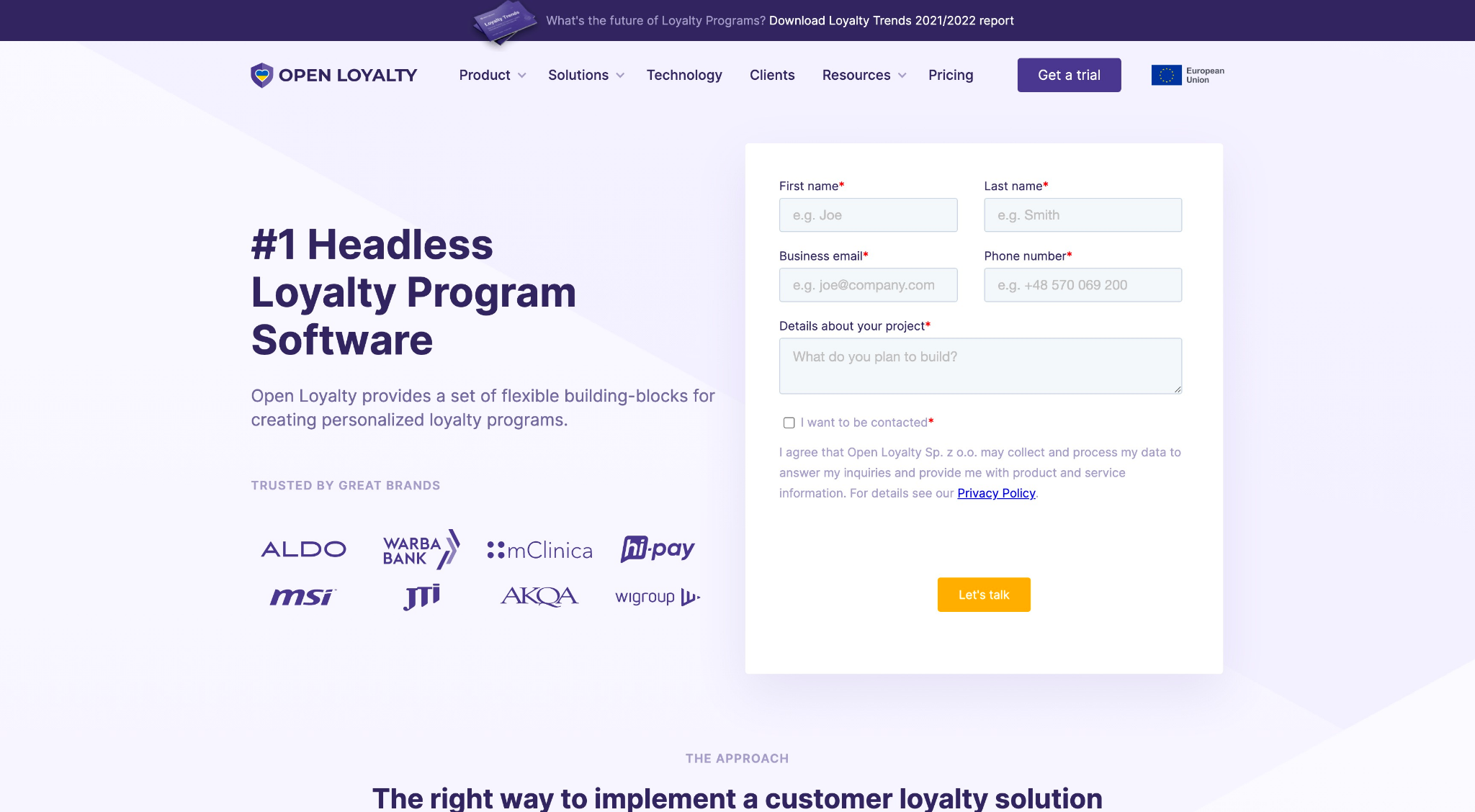
Open Loyalty is a highly flexible loyalty program platform that offers a highly customizable API which you can seamlessly plug into your existing tech stack to create your own loyalty program.
This makes it an incredibly scalable choice in the long run, and also considerably cost-effective when compared with other solutions. The company offers pre-built “blocks” that you can use to quickly flesh out your loyalty program.
Because of its flexible structure, upgrading the platform is incredibly easy. More importantly, you aren’t limited in terms of choices; the headless architecture allows you to optimize the customer experience and encompass every touchpoint throughout the customer journey.
From digital wallets to a basic points-based system to rewards tiers, you can easily define your loyalty rewards structure and then push it through. It even supports retail integration, so you can offer coupons or loyalty coupons at point of sale.
Pricing
Pricing for Open Loyalty isn’t available; you have to request custom pricing. They offer two options: a SaaS platform and an on-premise solution where you own the infrastructure.
Pros
- Headless architecture that you can customize according to your requirements
- Flexible, elastic API that you can tailor to your needs
- Extensive documentation available
- Improve time to market with pre-built blocks
Cons
- Might be technical for most entrepreneurs
- No free trial
- Doesn’t have an ecommerce interface – integrates into an existing CRM or ERP
8. Marsello
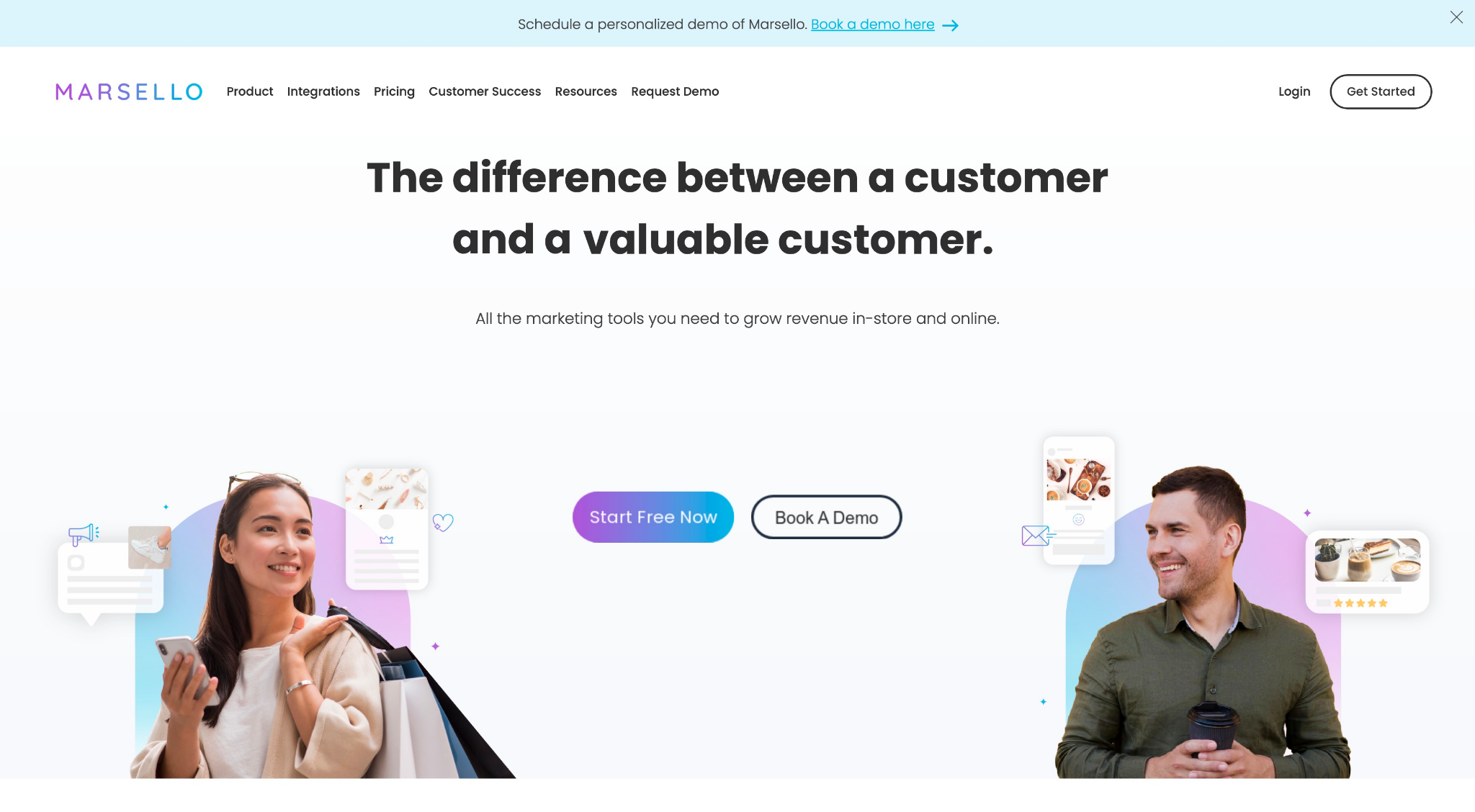
Finally, you have Marsello. Marsello lets you define customer journeys and tailor them to maximize lifetime value for each customer. It lets you engage customers by offering ecommerce marketing opt-ins, letting you create sign-up options using SMS marketing or QR codes.
It contains a bunch of different tools, such as a landing page form builder, a pop-up form for capturing emails, and for creating referral programs. You can segment your customers into different categories and identify your most valuable channels.
The loyalty program lets you choose from 11+ ways to help customers earn, and you can also customize rewards accordingly. You can even create points campaigns, and build automated loyalty email campaigns to engage customers.
It offers an array of different templates to help you create custom email and SMS flows, and has a comprehensive analytics dashboard that you can use to track just how your campaigns are performing.
Pricing
Marsello uses a variable pricing structure, costing $99/month for up to 1,000 customers in your database. Pricing goes to $109/month if you have more than 1,000 customers.
You can use the handy calculator on their site to determine how much the program will cost you monthly depending upon the number of sites you have.
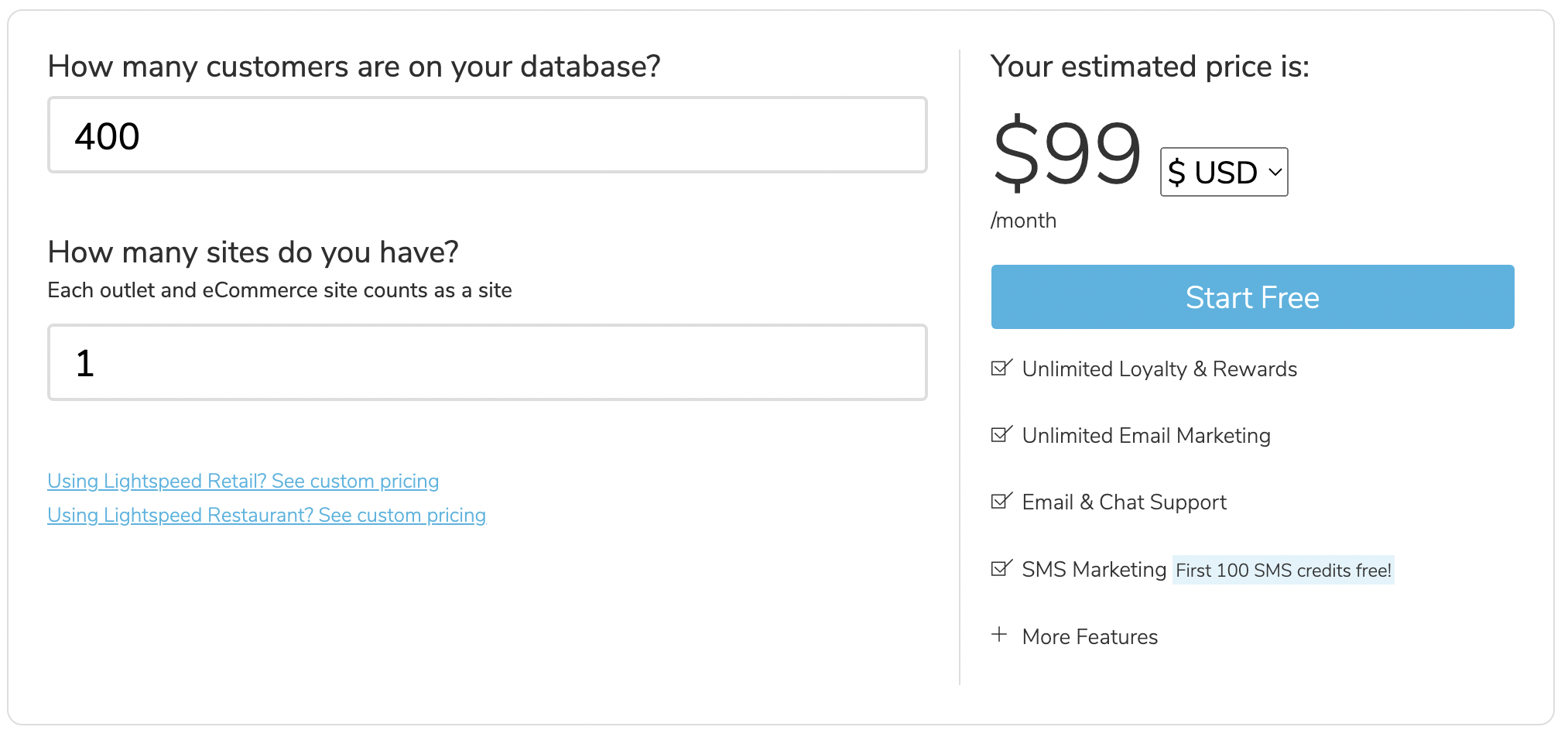
Pros
- A full set of email and SMS campaign building features
- Customizable loyalty program rewards
- 14-day free trial also available
- Works great with retail or restaurants
Cons
- Reporting could be improved
- No integration for WooCommerce
- User interface might seem dated
Which Loyalty Program Software Do You Use?
If you own a Shopify store or use any other ecommerce platform, these are some of the best customer loyalty program software that you can use. We highly recommend Growave because of its flexibility and ease of use.
However, your options aren’t limited. There are several other choices available, including Smile.io, and Yotpo. It’s always a good idea to first give the loyalty program software a try to determine whether it meets your needs or not.
Creating a loyalty program is a great way to engage your customers and to improve retention. It also maximizes customer lifetime value significantly and allows you to maximize your profits over time.
More importantly, some customers will become brand ambassadors, allowing you to curate user-generated content and to offer social proof of your product or service on the platform, which will help increase your conversion rate.

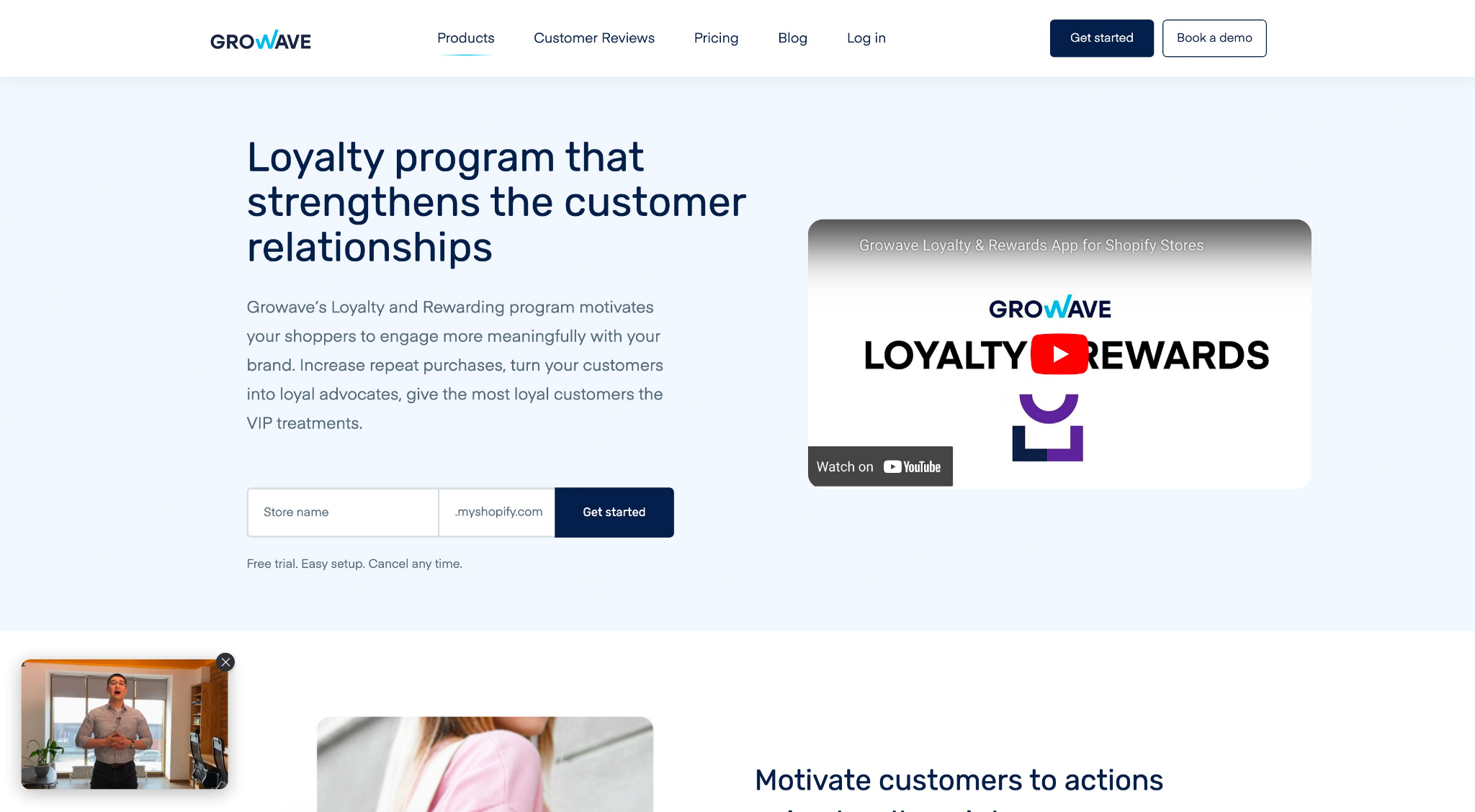
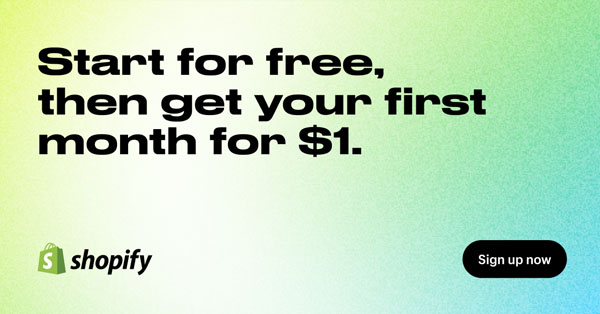


One of the ways of increasing customer loyalty is by sending relevant messages to target customer.. This also increases brand awareness.
Customer loyalty is very important to retain old customers. Definitely loyalty programs help in customer retention.One more way to achieve this is to target relevant push notification messages to the customer rather than bombarding them with all the information on your website. This will increase brand awareness among the customers as well.